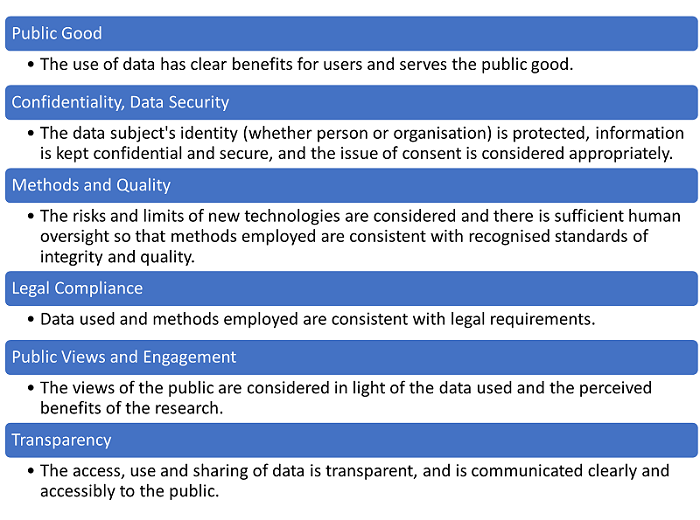BLS is one of several U.S. statistical agencies that follow consistent policies and share best practices. These agencies also frequently work with their statistical counterparts around the world to develop standards, share information, troubleshoot issues, and improve the quality of available data. At BLS, our Division of International Technical Cooperation coordinates these activities. The division helps to strengthen statistical development by organizing seminars, consultations, and meetings for international visitors with BLS staff. The division also provides BLS input on global statistical initiatives. Without missing a beat, most of these activities moved to virtual platforms during the COVID-19 pandemic. Despite some time-zone challenges, which often lead to early morning or late-night video meetings, BLS continues to play an active role on the world stage.

Today I’m highlighting some recent international engagements, which have included our colleagues from Australia, Canada, France, Greece, Italy, Mexico, South Korea, and the United Kingdom. These events are often mutually beneficial, as they provide opportunities for BLS staff to learn more about the experiences of our international counterparts.
- BLS staff met with a former Australian Bureau of Statistics official who was working with the U.K. Statistics Authority and the U.K. Office for National Statistics to research best practices in implementing international statistical standards. They discussed the international comparability of domestic industry and product classifications, data quality and publishing, and the independence of statistical organizations.
- Staff from the Australian Bureau of Statistics are planning to revise their household expenditure survey. They turned to BLS experts, who shared their insights and experiences in improving our Consumer Expenditure Surveys.
- Staff from the Statistical Division at the United Nations asked BLS to comment on issues surrounding the classification of business functions; household income, consumption, and wealth; and unpaid household service work. Input from staff in multiple offices will inform the BLS response to this request.
- BLS staff, our counterparts in Canada and Mexico, and colleagues from across Europe and Asia discussed data ethics in a meeting organized by the Centre for Applied Data Ethics at the U.K. Statistics Authority. Country representatives summarized how their organizations assess ethical considerations when producing official statistics. The U.K. Statistics Authority identified the following ethical considerations as being especially important:

From its founding, BLS has understood the importance of these issues. Our written policies and strategic plans reflect these principles. They also are reflected in the Foundations for Evidence-Based Policymaking Act and the newly formed Scientific Integrity Task Force, which includes BLS staff among its members.
And that’s just some of what we did this summer! BLS has a longstanding reputation for providing expert training and guidance and participating in international statistical forums. We also provide BLS data to the International Labour Organization and the Organisation for Economic Cooperation and Development, among others. These organizations often feature BLS statistics in their databases. Since its inception, BLS has provided technical assistance to our international counterparts, starting with our first Commissioner, Carroll Wright, who directed BLS staff to advise foreign governments establishing statistical agencies. Commissioner Wright was also a member of several international statistical associations, a tradition that continues today. Currently, BLS staff participate in many international expert groups, including the Voorburg Group on Service Statistics, the Wiesbaden Group on Business Registers, and the International Conference of Labor Statisticians. These groups provide BLS staff with opportunities to discuss topics of common interest, to propose and learn about innovative solutions to data measurement issues, and to influence discussions about important economic concepts.
BLS began providing technical assistance in earnest in the late 1940s as part of the U.S. government’s European Economic Recovery Program. BLS staff planned and conducted productivity studies and helped European governments establish their own economic statistics. Similar efforts continue today for our colleagues around the world, many of whom have participated in our international training programs. While we have temporarily halted in-person training programs because of the pandemic, our staff plan to provide more training modules virtually in response to the popularity of these programs. Over the last 10 years, BLS has provided training or other technical assistance to over 1,700 seminar participants and other visitors from 95 countries. More recently, the International Monetary Fund has asked BLS to provide training on Producer Price Indexes and Import and Export Price Indexes to our colleagues abroad.
I am incredibly grateful to all the subject matter experts throughout BLS who provide invaluable assistance with these activities and help maintain our excellent reputation in the international statistical community. We look forward to your continued support as BLS strengthens important international relationships, virtually for now, and hopefully in person soon.
 United States Department of Labor
United States Department of Labor